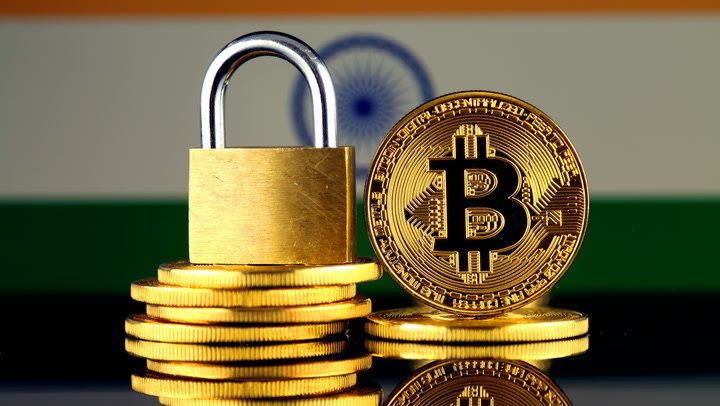Some new details have come to the forefront with respect to India's cryptocurrency bill. The good news is that the possibility of an outright ban is diminishing. However, there is so much speculation on this that I am not going to comment on it again. The best is to wait and see what the actual cabinet note contains once the bill is presented.
The negative is that India may be looking to ban private wallets and wants to oversee all cryptocurrency transactions. This means that they want all crypto to be stored on exchange wallets. Investors will apparently be given some time to declare their holdings, post which private wallets may be banned. All crypto will have to be transferred to exchanges. Exchanges will be regulated and all transactions will be reported. At least this is what the government plans, as per new reports.
The crypto exchanges, brokers, and industry bodies this month put across their views before a parliamentary standing panel on finance and the banking regulator.
Now, before I get into how bizarrely stupid this whole plan is, in case it does get implemented then what positives can one look at? Crypto exchanges will have to get mandatory insurance to cover losses and will have to maintain certain regulatory capital. The products they offer will be scrutinized and they will have to file reports periodically. This makes the exchanges more reliable. I am sure that exchanges cannot store all crypto in hot wallets due to security risks. Therefore, holders of large amounts of cryptocurrencies will probably be given an option to lock their crypto in cold wallets and keep a small amount in hot wallets for trading. I really cannot think of any more positives here.
In the quoted text above, it is important to note who is representing the Indian investor community before the regulators and government officials - India's crypto exchanges, who have notably played an important role in India's crypto movement, but this time, they haven't been on the investor side.
In case this plan, outlined above, is implemented by the government, who gets to benefit the most? India's crypto exchanges. They get to generate custodian fees, will suddenly be holding on to massive amounts of crypto, and are bound to benefit because of increased revenue. When the parliamentary standing committee would have asked about tracking crypto routing trades through exchanges, does one expect the exchanges to say no? The insurance costs, infrastructure costs will all be passed on to investors.
How will orders work in this case? Or transfer of assets. Before sending a transaction on any blockchain, the trader/investor will have to send the order to the exchange, which will then verify the source and destination wallet, and the wallet's location, before executing the transaction.
Unless the real details are out, the above is all speculation, and details of things that will be implemented will come out over time. However, leave things to bureaucrats and politicians and this is what one gets - Stupidity to the moon!
Posted Using LeoFinance Beta

Interesting…
👍